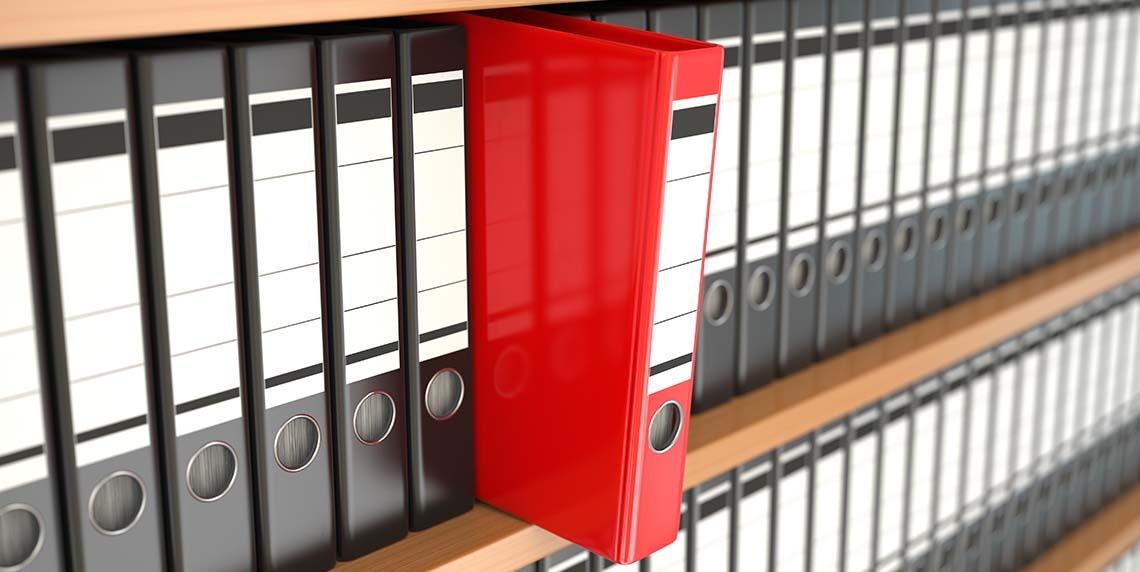What goes into a personal credit report?

A credit report is something many of us will already have, but may never have seen before. Should you decide to apply for a credit card, mortgage or loan, your credit history may assist to provide a credit provider, such as a bank, phone or utility company, with an idea of how you've handled your credit in the past.
Financial institutions can evaluate your credit report according to their specific criteria to determine your eligibility for credit.
If you would like to find out how your own credit report has been affected by your financial history, make sure you get a copy of your latest Equifax credit report today. You may also wish to consider subscription packages from Equifax which includes receiving email alerts about certain types of changes to your credit report, enabling you to keep a close eye on this important asset.
How is a credit report created?
You my also have a credit report if you have made an application with a lender for a credit card, personal loan or mortgage, or if you have nominated to be a guarantor for someone else.
You may have a credit report even if you have never applied for a loan. This is because contracts for mobile phones, electricity or gas are a form of credit. Interest free store finance that you might use for a TV or white goods may also amount to credit.
Additionally, when you apply for commercial credit like a mobile phone or credit card for a small business, this is known as a commercial credit enquiry.
What's in my credit report?
Your credit report will show your credit history, which includes anything from applications for credit to records of overdue debt and bankruptcies. In addition to your credit information, your report can hold details of court writs or judgements.
Credit applications for household or personal/family loans - also known as enquiries - which have been made over the past five years are noted on your credit report.
Will my late bill payment affect my credit report?
A credit provider may list a consumer default, if the debt is at least $150 and has been overdue for 60 days or more. The credit provider must send you required notices before they list a default.
As credit providers can access your credit report, this highlights why it is important to pay your bills on time - especially if you are looking to apply for credit - as these defaults will stay on your report for five years, even when the default has been paid.
It's worth noting that because of the shift towards comprehensive credit reporting in 2014, both positive and negative information can be included in your file. This includes repayment history information. If you pay your credit accounts, such as a personal loan or mortgage repayment or minimum credit card balance, on time this will be a positive on your credit report. However, if you pay more than 14 days late this can also be recorded on your credit report.
If you want to know what your Equifax credit report looks like, make sure you get a copy of it today.
Disclaimer: The information contained in this article is general in nature and does not take into account your personal objectives, financial situation or needs. Therefore, you should consider whether the information is appropriate to your circumstance before acting on it, and where appropriate, seek professional advice from a finance professional such as an adviser.
Get your Equifax credit report for FREE today
Learn moreYou might also like

3 myths about your credit report
There are many mysteries surrounding what affects your credit score. Take a look at these three commonly believed myths that could catch you out.

How can I improve my credit record?
For anyone juggling payments and bills from various essential service providers, from electricity and phone connections to rent or a mortgage, getting on top of their credit score may feel like a looming goal. However, with a few changes, you can begin to repair an unfavourable credit report.

How can I manage my business credit profile?
Credit can be a useful tool in handling expenses and supporting cash flow, but it is important businesses exercise caution to properly manage it.
